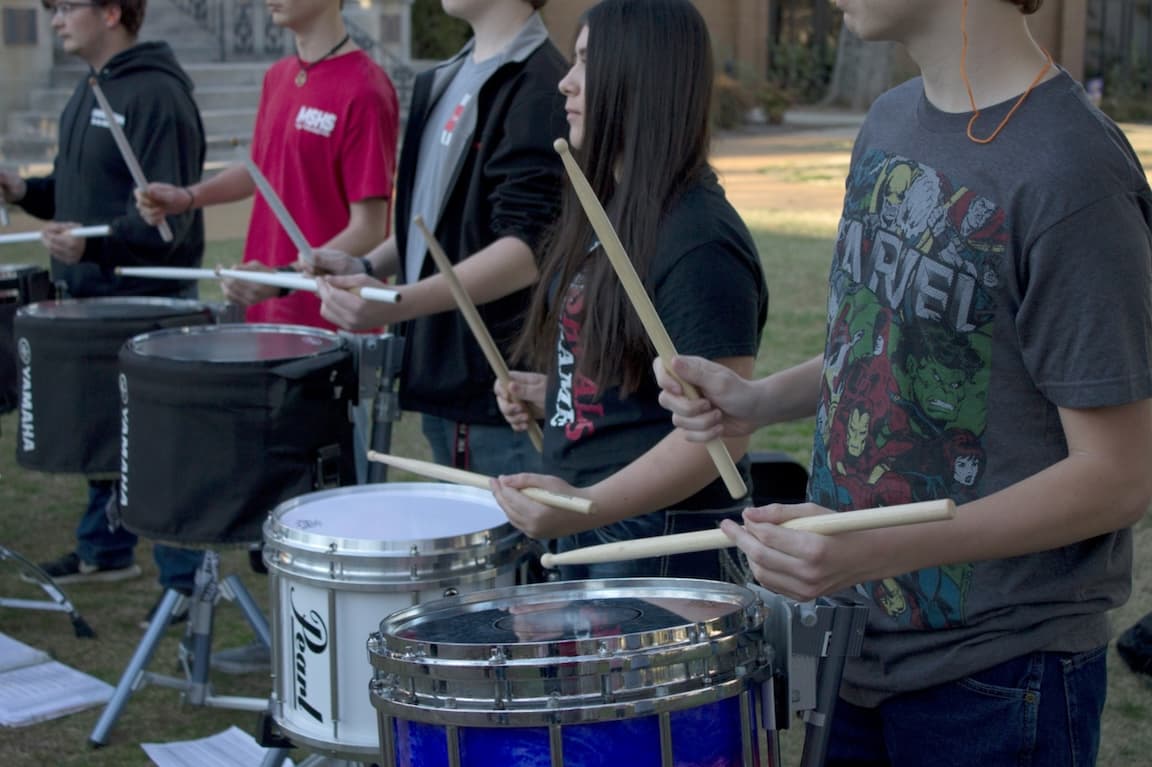
Dewey Finn Would Be Fired by Lunch—But He’d Still Outteach Us All
I rewatched School of Rock recently and couldn't stop thinking about how Dewey would be fired before lunch on his first day. The guy shows up hungover, lets kids call him by his first name, and his entire pedagogical approach is "let's start a band to win me some cash." Not exactly teacher of the year material.
But those kids learned more in a few weeks with him than they probably did all year. Which is annoying, because it makes you wonder what we're actually doing in classrooms if a washed-up guitarist with zero training can stumble into better results.
The thing is, Dewey wasn't trying to be a good teacher. He was trying to win a battle of the bands. But in doing that, he accidentally did something most of us forget: he made the kids feel necessary.
Think about Summer, the uptight manager-in-training. In her regular classes, she's just another overachieving kid doing what she's supposed to do. But Dewey puts her in charge of the whole operation—schedules, logistics, bossing people around—and suddenly she's not performing for a grade. She's keeping the entire thing from falling apart. That's different. That matters.
Or Lawrence on keyboard. The kid who practices classical music and clearly has talent but seems kind of bored by it all. Dewey hears him play one time and immediately hands him a solo in a rock song. Not because Lawrence earned it or because it's his turn, but because Dewey actually thinks he'll be great at it. And he is.
Dewey's battle of the bands mattered. It was real. And because it was real, everything else clicked into place. The kids practiced without being told. They solved problems themselves. They actually cared if it was good.
When was the last time I assigned something where the quality genuinely mattered beyond whether I'd give it an A or a B?
There's this moment in the movie where Dewey tells them they're going to stick it to the man. And all these preppy private school kids eat it up because nobody's ever suggested they could rebel against anything. They've been so busy being good students that they forgot they could have opinions about the system they're in.
I'm not saying we should teach kids to rebel. But maybe we should stop pretending school is this neutral thing that exists for their benefit. It's a system with rules we made up. Some of those rules are good. Some are stupid. And kids can tell the difference, even if we don't admit it.
Dewey also didn't care about credentials. Zack's dad wanted him to focus on his schoolwork, to follow the plan, to not waste time on guitar. But Dewey heard him play and knew—this kid's actually good. Not "good for a middle schooler" or "shows promise." Just good. And he treated him that way.
How often do we look at kids and only see potential instead of presence? This essay could be better. You might be good at this someday. Work harder and maybe you'll get there. What if some of them are already there and we're just not paying attention?
The movie obviously glosses over everything difficult about teaching. Dewey doesn't deal with IEPs or standardized tests or parent conferences or kids who don't want to be there. He gets a class of talented, motivated students who just need permission to care about something.
Real teaching is messier than that. Most days you're not inspiring anyone. You're managing behavior and answering the same question five times and wondering if anyone's actually learning anything.
But every once in a while, you catch a glimpse of what Dewey had. A kid who's actually engaged. A project that matters to someone. A moment where they forget to perform being a student and just... do something real.
"Dewey's battle of the bands mattered. It was real. And because it was real, everything else clicked into place."
Those moments don't come from better lesson plans or more engaging activities. They come from paying attention to who these kids actually are and what they might be capable of if we got out of their way.
Dewey got lucky. He walked into a room full of secretly talented kids who were dying for someone to notice them. But maybe that's every classroom, and we're just too busy teaching our curriculum to see it.
More from Education
Explore related articles on similar topics





